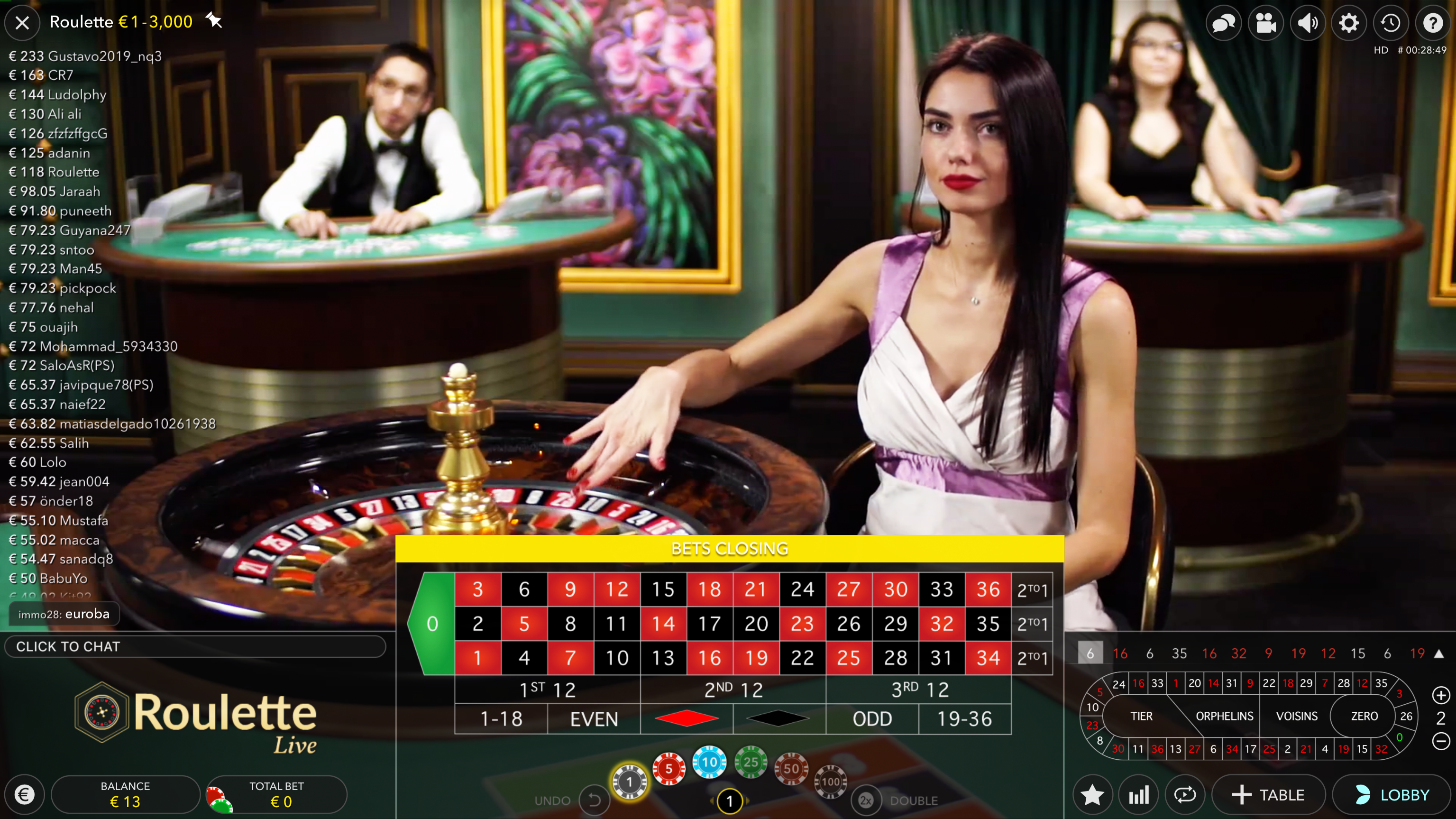
In the world of gambling, in which chance and strategy intersect, a unique tapestry of beliefs emerges—one that weaves together luck, fate, and the enigmatic nature of casino games. Casinos, bustling with excitement and anticipation, are not just spaces for placing bets; they are also arenas where superstitions thrive. Ranging from the novice player to the seasoned gambler, these mysterious practices often shape how individuals approach the games they play, believing that their actions can influence the outcome in ways that go beyond mere probability.
When players gather around roulette wheels, blackjack tables, and slot machines, the atmosphere is thick with stories of lucky charms, rituals, and codified behavior that defy logic yet provide a sense of comfort. It could be the case that it’s wearing a specific outfit, following a particular sequence of bets, or even avoiding certain numbers, the attachment to various superstitions reflects a deep-rooted desire to manipulate the uncontrollable. This article delves into the captivating world of casino game superstitions, investigating the beliefs that both entertain and mystify those who dare to play.
Historical Origins of Superstitions
Casino activities have long been entwined with an host of superstitions that can be traced to ancient civilizations. The beginnings of these beliefs can be associated to humanity’s fundamental desire to control the uncertain outcomes associated with luck and chance. In ancient civilizations, activities of uncertainty were often connected to spiritual practices. Gamblers would invoke blessings or seek favor from gods, believing that their actions could influence the results in their favor. This basis laid the foundation for the variety of superstitions that spread as gambling evolved over centuries.
During the Middle Ages, gambling became a common hobby across European nations, and with it, a rich tapestry of superstitions appeared. Participants adopted different rituals and charms, believing they could influence the consequences of games. The value of numbers, in particular, began to show in superstitions related to card games and dice. The number seven was often considered auspicious, while different numbers carried negative connotations. These ideas mirrored the societal contexts of the time, adapting as they transferred through generations and adapted to new gaming environments.
As gambling houses appeared in the seventeenth century, particularly in Italy and France, the atmosphere surrounding betting became imbued in mystique. The growing availability of gambling games allowed for the dissemination and diversification of superstitions among players. Concepts like fortunate charms, special seating arrangements, and rituals gained prominence, creating a unique culture within betting houses. As these practices continued to thrive, they became integral to the essence of gambling games, illustrating how historical developments and tradition shape the belief systems that influence how players engage with chance. okwintv
Widespread Gambling Myths
Beliefs surrounding gambling games are plentiful and varied, mirroring the dreams and anxieties of gamblers as they engage in random games. One of the most prevalent views is that certain digits bring luck or bad luck. For example, the number seven is often seen as a favorable number, frequently sought after by players looking for a favorable outcome. Conversely, the number thirteen is routinely considered unlucky, leading many players to avoid it during their gambling sessions.
Another frequent superstition relates to rituals that gamblers believe can affect their chances. It could be blowing gently on the dice before a throw, using a specific gesture to place a wager, or even wearing particular items of clothing, many people feel that these actions can tilt fate in their benefit. These rituals offer a sense of control in an otherwise random environment, strengthening the idea that fortune can be created through individual convictions and customs.
Lastly, the ambiance and atmosphere of the casino itself adds to superstition. Many gamblers suggest that the presence of certain symbols, such as four-leaf clovers or fortunate coins, can enhance their chances of success. Additionally, players might adhere to the belief that winning streaks can be interrupted by mundane events, such as someone passing by or a spill at the gaming surface. The collective environment in a gambling house can amplify these superstitions, creating a communal culture of myths that transcends individual encounters.
Impact of Superstitions on Players
Beliefs play a significant role in the mindset of gamblers, often influencing their behavior and decision-making. Many gamblers believe that luck can be manipulated through various rituals, such as wearing a lucky charm, choosing particular hues, or avoiding certain numbers. This reliance on superstitions can create a sense of authority in an environment that is inherently unpredictable. Players often feel more confident and involved when they think that their actions could sway the outcome of a game in their favor.
The impact of these superstitions extends past individual players, affecting the overall atmosphere within the casino. For instance, a player who holds the belief in the luck of a particular slot machine might draw a crowd, as others are fascinated by their apparent luck. This shared belief can amplify excitement and create a lively environment, leading to an captivating experience even for those who may not necessarily be superstitious. The excitement around certain games can lead to higher participation and extended playing sessions, supporting the casino’s lively social scene.
In some cases, superstitions can lead to negative effects for players. Relying too heavily on rituals can result in poor gambling decisions, as some may overlook basic strategies in favor of unfounded beliefs. Additionally, the pressure to perform rituals may increase anxiety and stress levels, detracting from the enjoyment of the experience. Ultimately, while superstitions can enhance the thrill of playing casino games, they can also lead to poor choices that overshadow the fun and entertainment intended in the casino experience.
